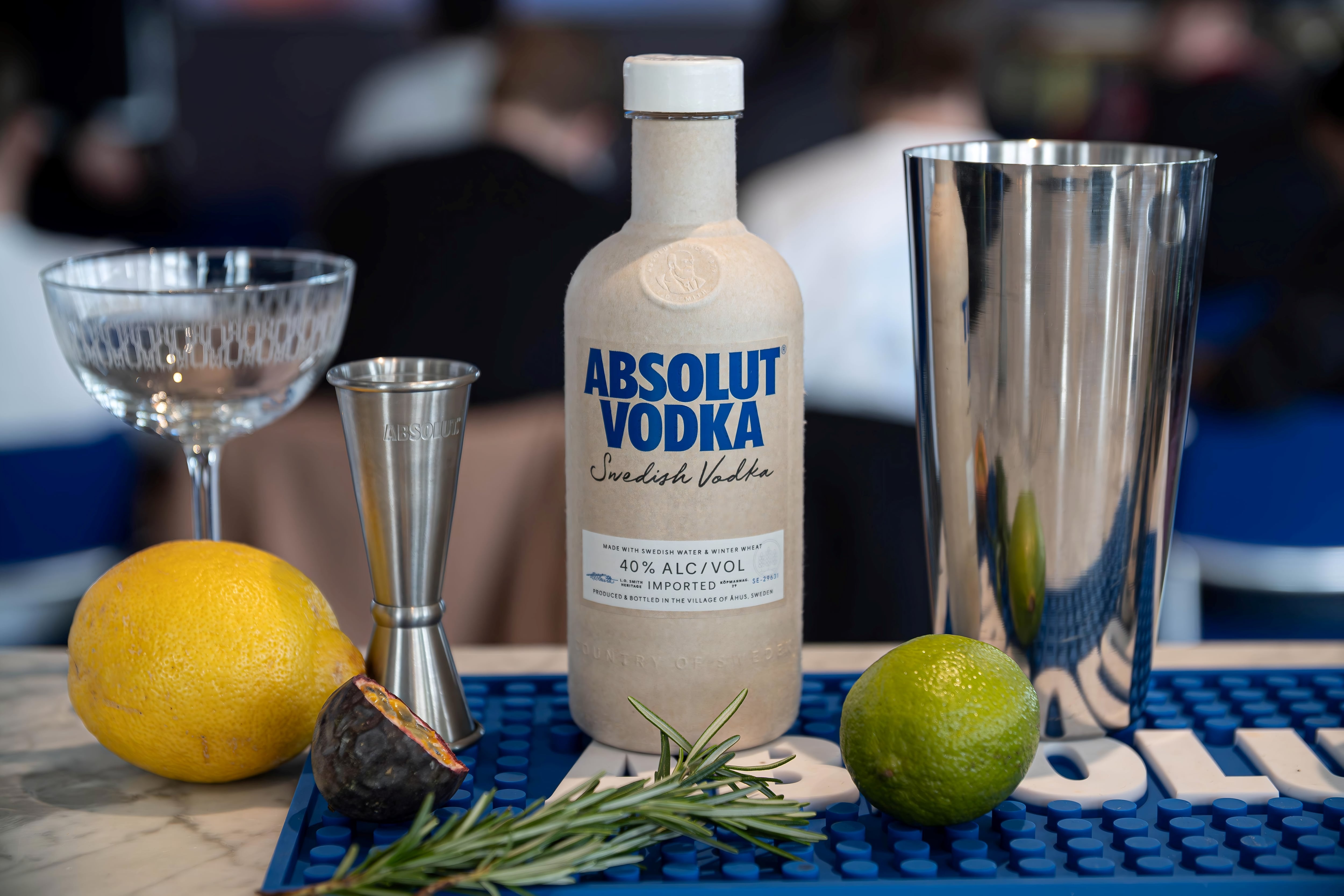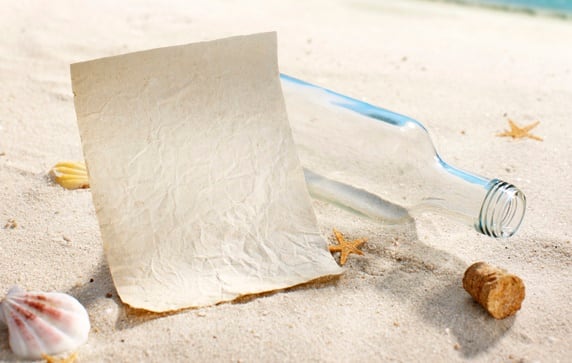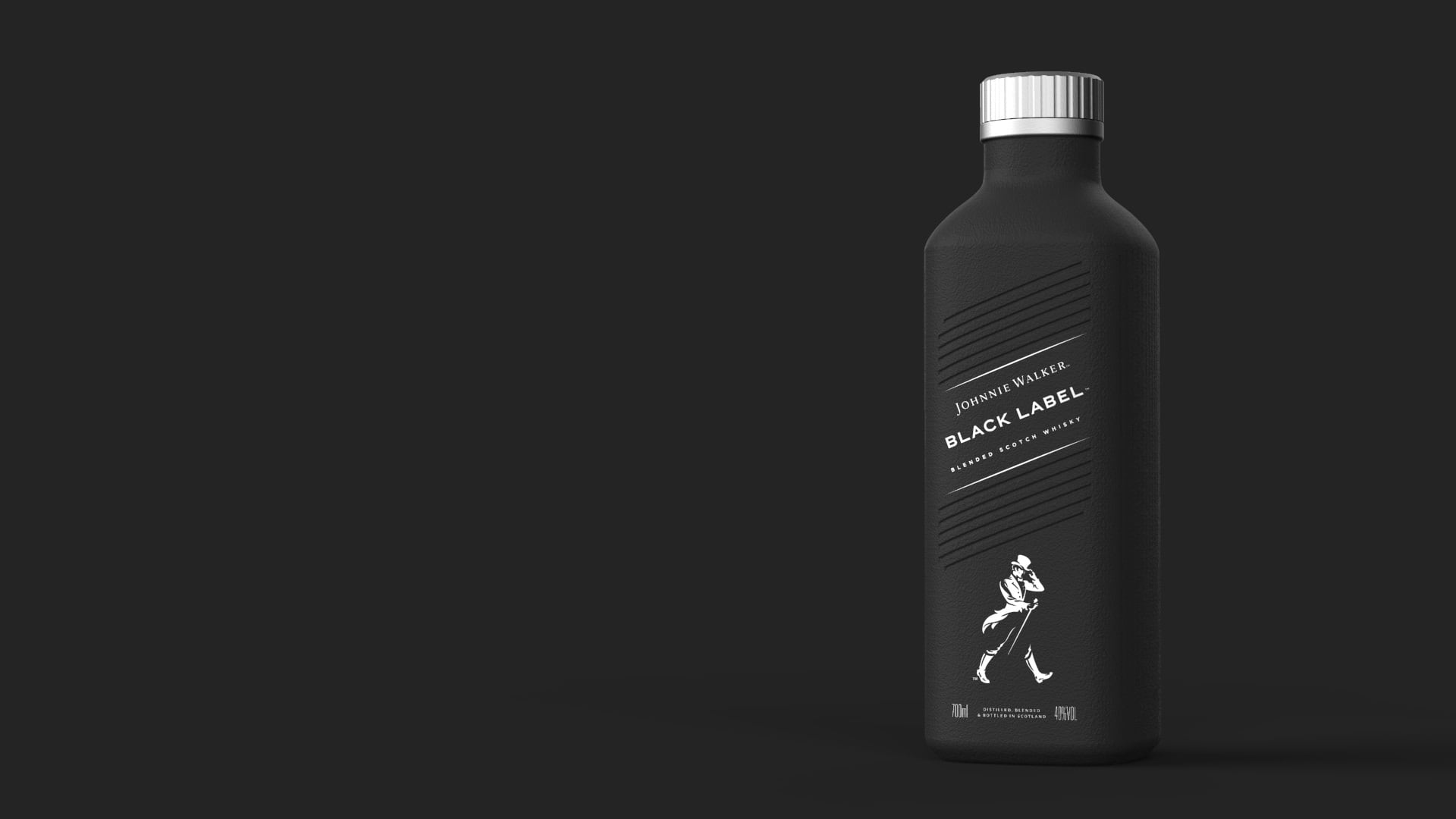Leaps and bounds have been made in making beverage bottles out of more sustainable materials. That includes turning to recycled content, or developing new materials from scratch. And paper bottles are one of the formats that have whizzed through R&D, moving from an idealistic concept to one that’s now been debuted commercially on shelves.
But something that’s remained elusive in bottle development is the cap: a part of the beverage bottle that presents more technical challenges.
Like the bottle, a cap must create a leak-proof, airtight seal. But there are also the mechanics of the spiral screw-threaded part to be considered, or alternative stopper designs that meet all the requirements for bottles to be opened and closed and resealed multiple times.
Pernod Ricard’s vodka brand Absolut has been working on paper bottles over the last few years, adapting fiber-based packaging to the rigorous demands of spirits such as vodka.
Its paper bottle is made of FSC-certified paper and two years ago made its debut commercially at select Tesco stores in the UK.
Up to now, the bottle has been accompanied with an aluminum cap. But, working with Swedish start-up Blue Ocean Closures (BOC), Absolut has now debuted a paper cap.
The cap’s body is made of more than 95% FSC* certified fibers, although the current generation maintains a thin top-seal barrier made of plastic.
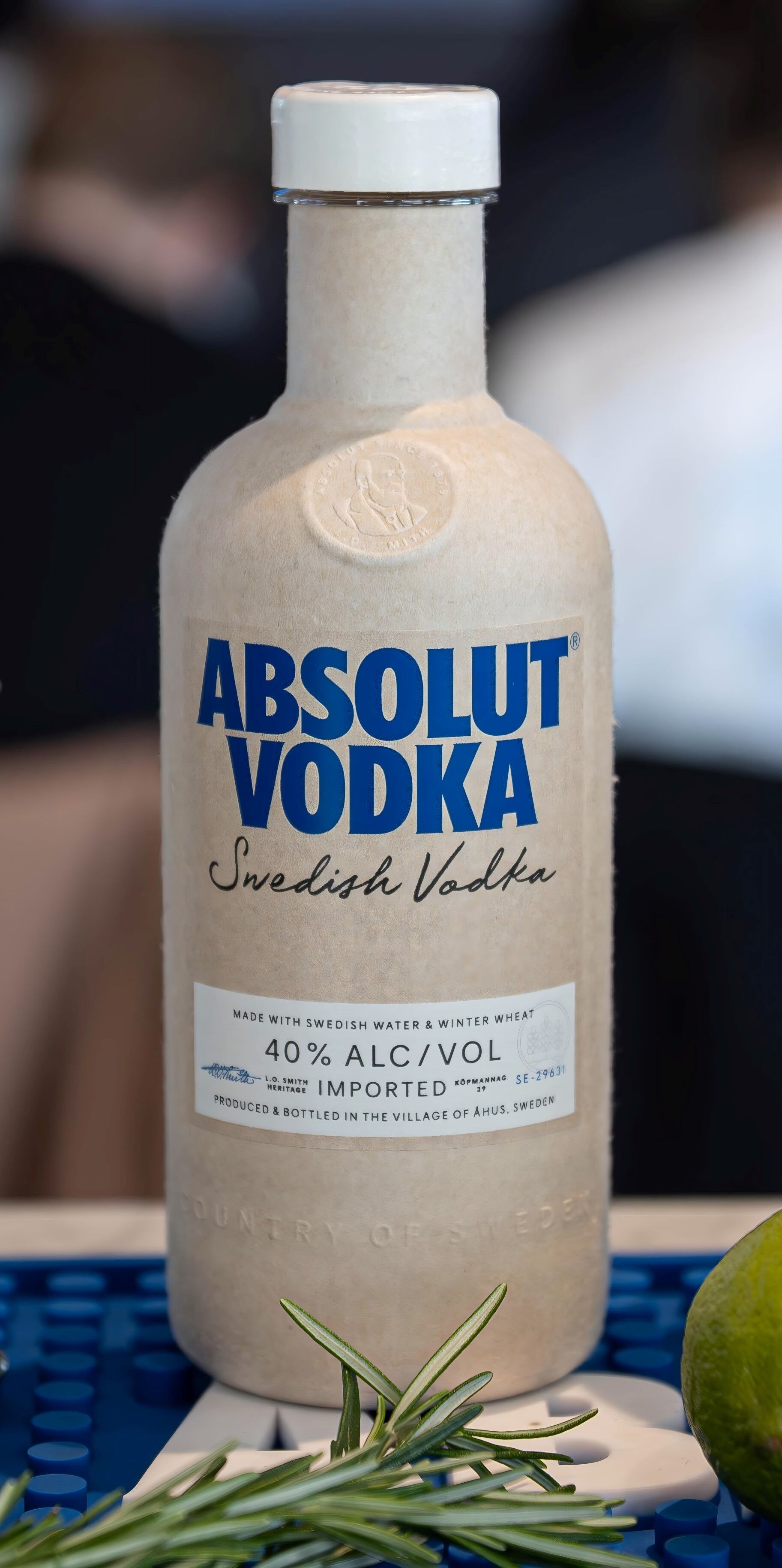
The long-term ambition is to replace the plastic with a bio-based material so the entire cap will be made of renewable materials.
However, having a cap made primarily from renewable material already opens the potential for reductions of carbon footprint compared to conventional materials such as aluminium.
“It’s been a long journey with a lot of development, testing, iterations and learnings, with the biggest challenge being functionality across all our requirements, especially over time as our products has a very long life span,” explained Louise Werner, director of future packaging at The Absolut Group.
“The paper-based cap project is based on a different technology than the paper-based bottle and it started at a different point in time. We started the work with Paboco in 2019 on the paper bottle, and with Blue Ocean Closures 3 years ago on the fiber cap.
“We have had a ‘test, learn, optimize’ mindset, where the main ingredients have been persistence and patience. We have discovered that the devil is in the details, including material composition, tooling, process and handling. For a lot of criteria there are no industry standards to be used as benchmarks so we really have to learn as we go and set up our own standards.”
From pharmaceuticals to vodka: Paper cap development
Absolut is part of Paboco, a community of FMCG heavy-weights (including Carlsberg, The Coca-Cola Company and L’Oreal) and packaging R&D specialists (including those from paper expert BillerudKorsnäs and global bottle manufacturer ALPLA Group) committed to the development of paper packaging.
Last year, Paboco and Blue Ocean Closures launched the industry’s first market-ready paper bottle and fiber-based cap combination: a market-ready concept available to the pharmaceutical and supplement industries.
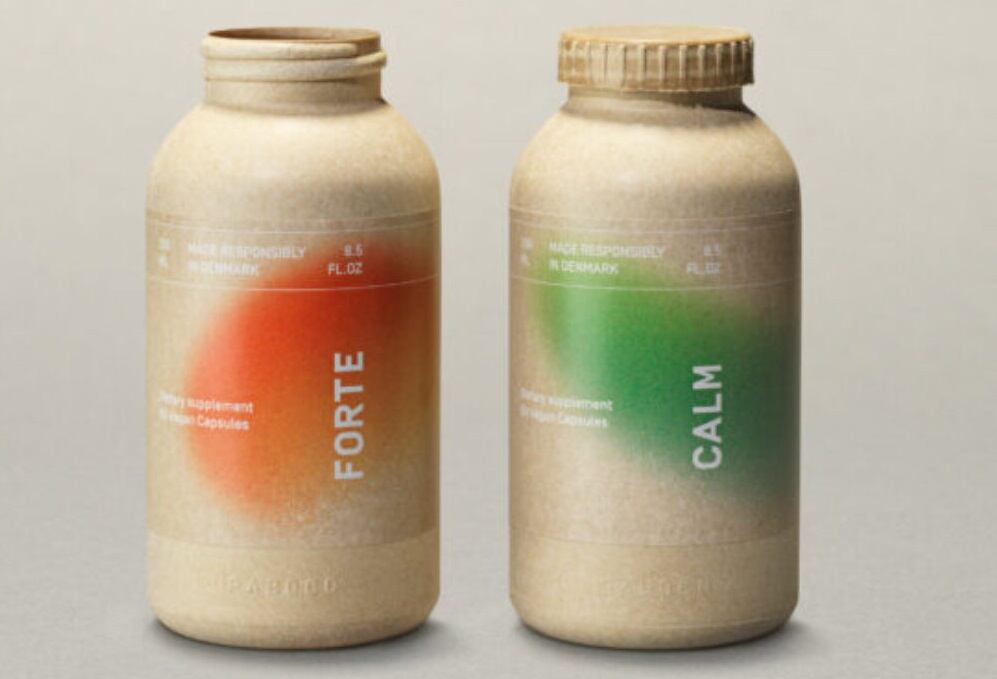
Absolut’s innovation adds to the progress in development: this time shaping a cap around the needs of beverages and in particular alcoholic ones.
The cap will be recyclable as paper in markets that have recycling systems in place that can separate paper from other materials.
Absolut is not disclosing any financial information as to how the cost of a paper cap will compare to existing formats such as aluminum.
The new bottle and cap combo has already been put in front of bartenders, who are the most discerning judges when it comes to usability.
“When we trialed the paper-based cap and bottle combination for the first time at the ‘Absolut The Map’ event in May, bartenders were able to put the new innovation to the test,” said Warner. “The focus of this test was to evaluate the functionality, handling and overall impression of the cap in ‘real-life’ situations. The next steps on the development journey involve further quality testing, followed by a limited in-market trial.”
As of yet, there is no timeline for a mass market launch because the cap still requires rigorous testing to assure its functionality, said Werner.
“Whilst we don’t have exact timings just yet, this will be a joint decision by Absolut and our development partner and supplier Blue Ocean Closures,” she said.
“We will not compromise on quality aspects or functional performance, so when we are aligned on our set criteria, we will release the fiber-based cap to the market but no timing has been decided yet.”

